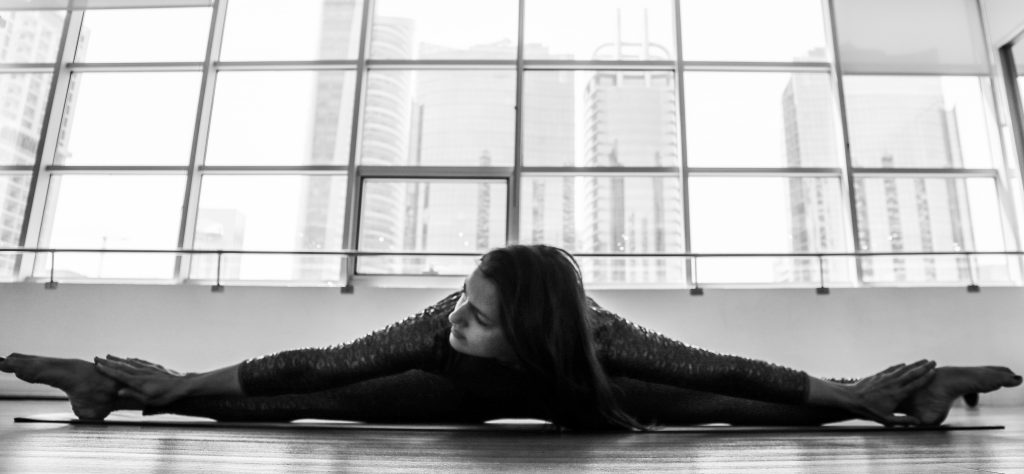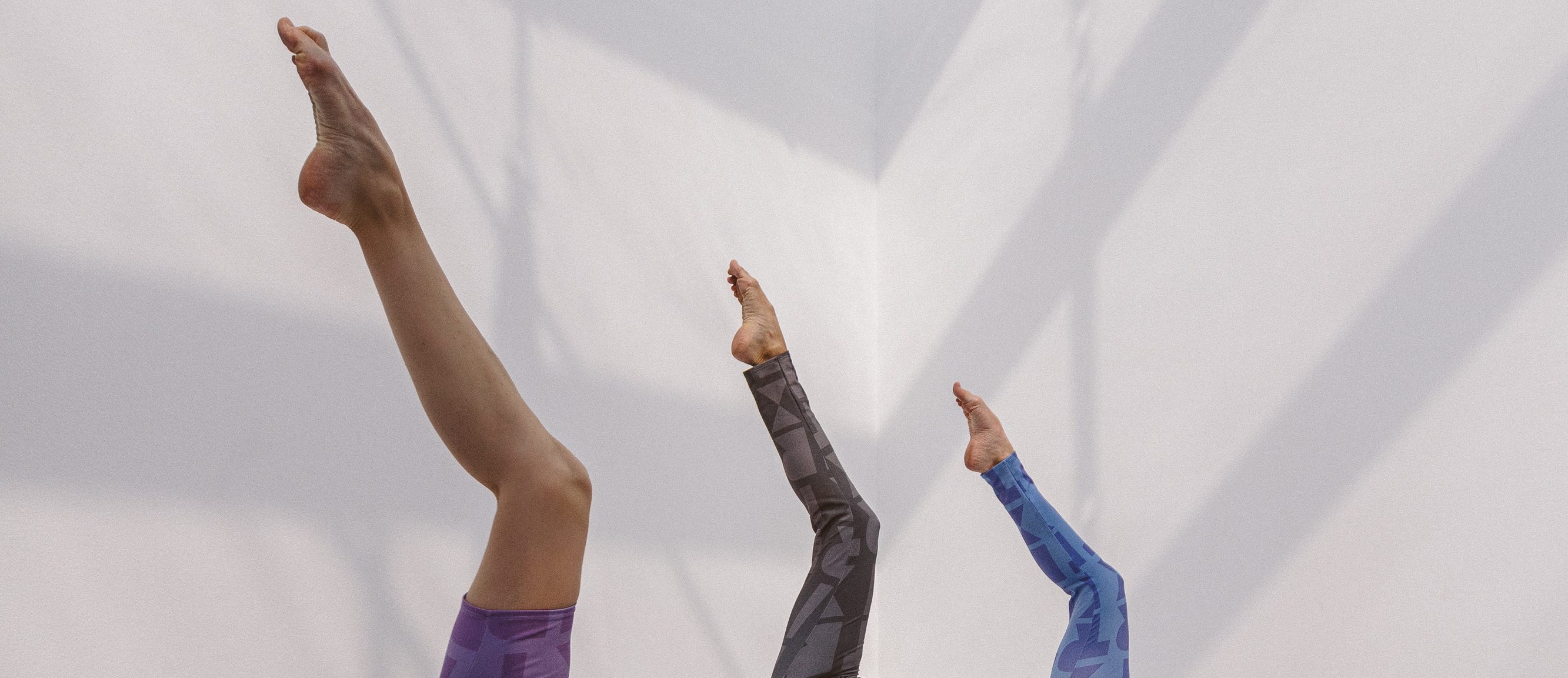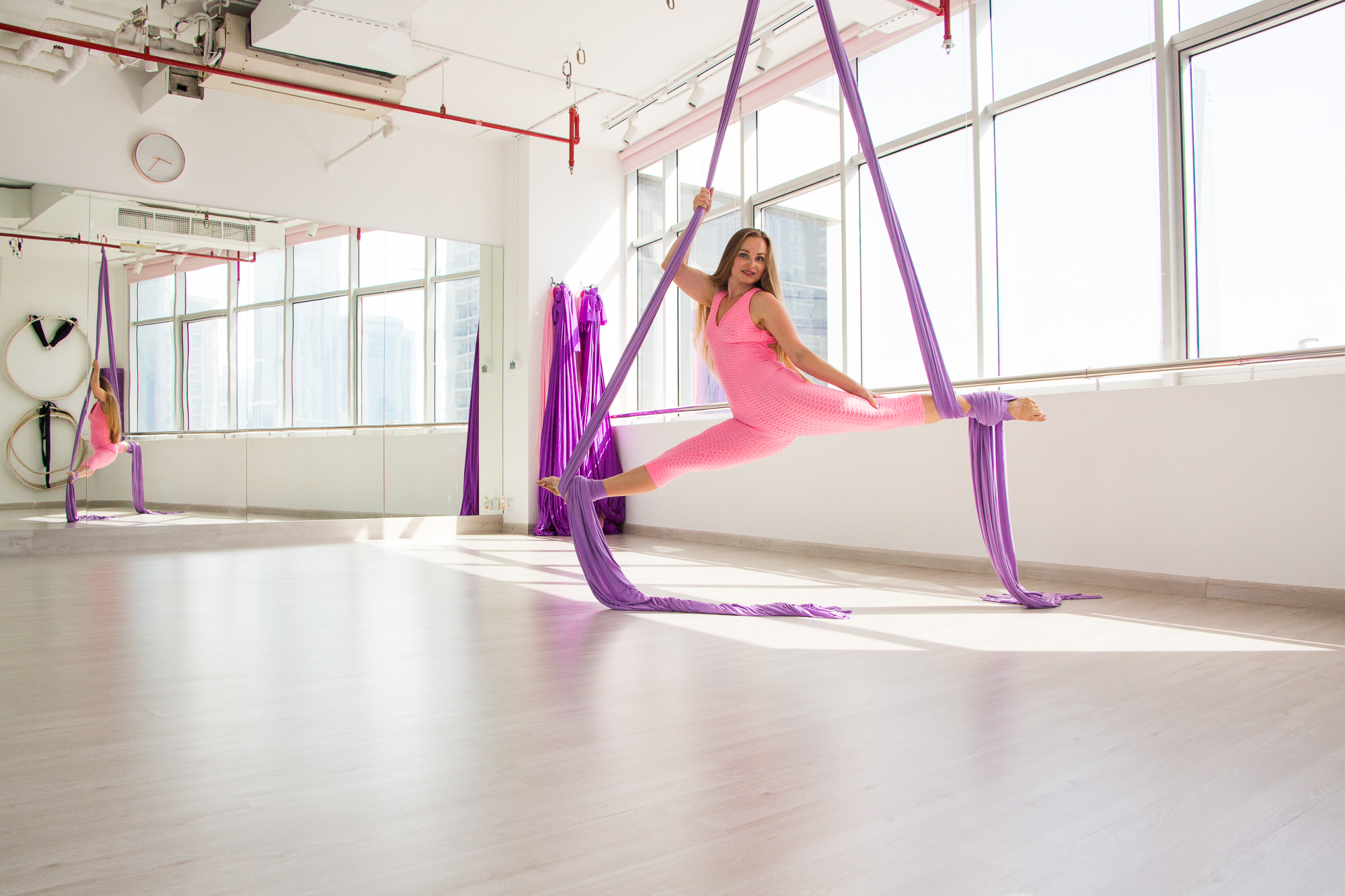Ramadan is the ninth month of the Islamic calendar, during which Muslims around the world observe a month of fasting. The fast requires abstaining from food, drink, and other physical needs during the daylight hours, from dawn until sunset. It is a time for spiritual reflection and self-discipline. However, some people may be concerned about how to maintain their exercise routine during Ramadan, given the changes in diet and daily activities.

Here are the best tips for exercising while fasting:
- Timing: It is best to schedule your exercise routine before or after breaking the fast. Exercising right after suhoor (pre-dawn meal) or iftar (post-dusk meal) can be difficult due to the body’s hydration and energy levels. Instead, try to plan your workout for mid-day or early evening when you have replenished your body with nutrients and water. You can also take a small snack if your workout happens at iftar time.
- Hydration: Dehydration can be a major concern during Ramadan, particularly if you are exercising. It is important to drink plenty of fluids during the non-fasting hours to maintain hydration levels. Aim for at least 8 glasses of water a day, and include hydrating foods like watermelon, cucumber, and celery in your diet.
- Moderate exercise: It is recommended to avoid high-intensity exercise during Ramadan, especially during the daytime when you are fasting. Instead, focus on low to moderate-intensity classes. At TRIX DXB we are allowing Intermediate members to attend Beginners Level Classes during Ramadan so everyone can keep training at a lower intensity level.
- Listen to your body: Pay attention to your body’s signals and adjust your exercise routine accordingly. If you feel weak or dizzy, take a break and rest. Pushing yourself too hard during Ramadan can lead to fatigue, muscle soreness, and dehydration.
- Balanced diet: A balanced diet is crucial during Ramadan, particularly for those who are exercising regularly. Avoid consuming too many high-calorie, high-fat, or sugary foods, and instead focus on nutrient-dense foods like fruits, vegetables, whole grains, lean protein, and healthy fats. Eating a balanced diet can help to sustain your energy levels during the day and improve your exercise performance.
- Classes: It is best to choose flexibility and lower intensity level classes and it is a great time to improve your splits and increase the range of motion and coordination of your whole body.
In summary, exercising during Ramadan requires some adjustments to your regular routine. By scheduling your workouts at the right time, staying hydrated, practicing moderate exercise, listening to your body, and eating a balanced diet, you can maintain a healthy and active lifestyle during this holy month. Remember to consult with your doctor before beginning any exercise routine, especially during Ramadan.
Do you want to start working out? Check out our classes? We’d love to see you training with us!




